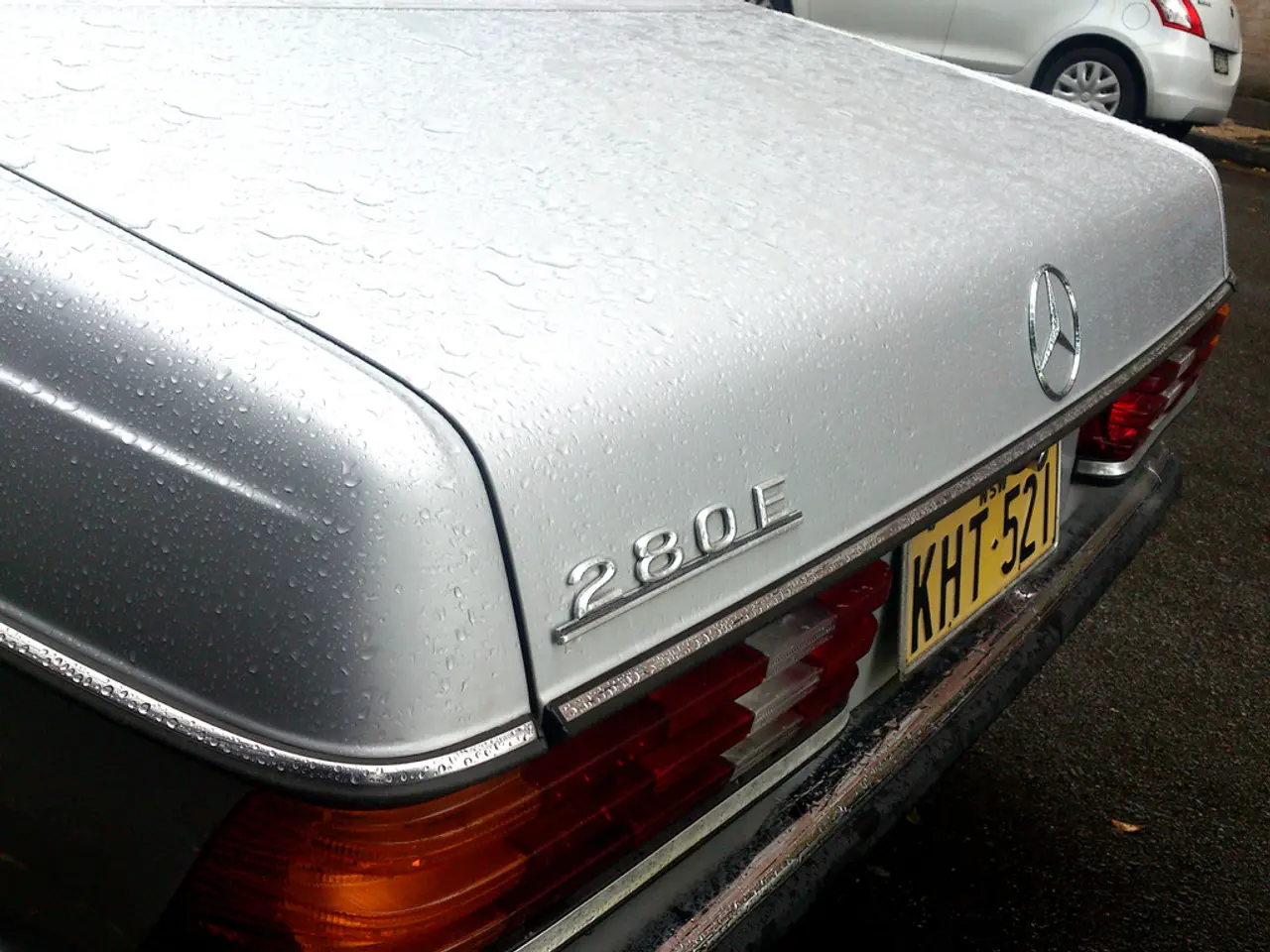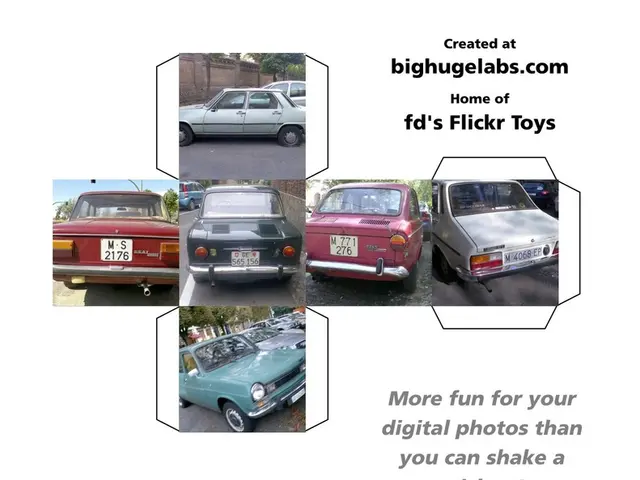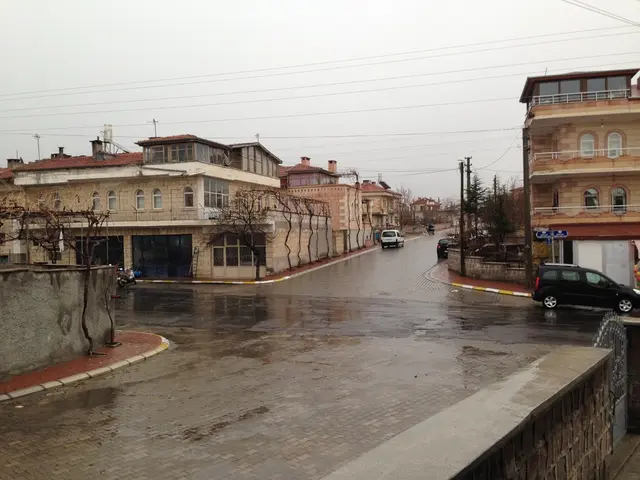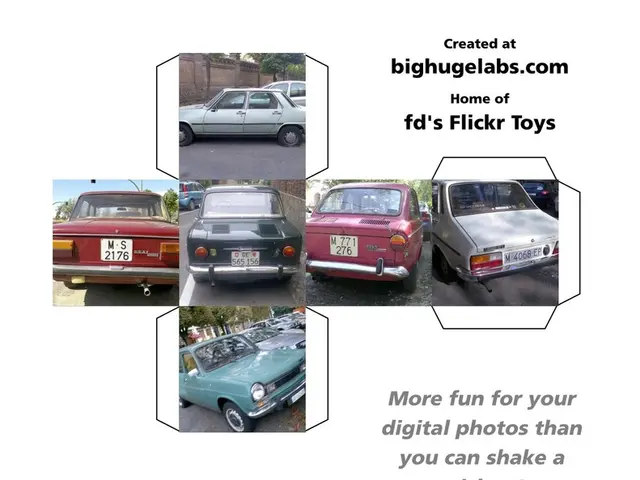Collapse Under Pressure, Experiencing Significant Instability and Downturn
Baden-Württemberg's Automotive Industry: A Recovery with Challenges
In 2021, Baden-Württemberg's automotive industry experienced a dynamic economic situation, marked by recovery from the COVID-19 pandemic but also facing challenges related to supply chain disruptions, evolving market demands, and increasing global trade uncertainties.
A Rebound in Economic Output
The year 2021 marked a notable rebound in economic output for the German economy overall, including Baden-Württemberg, with a strong recovery after the pandemic-induced slump in 2020. This recovery was stronger than initially expected in both 2021 and 2022 before facing later setbacks related to geopolitical tensions and supply chain issues.
Manufacturing and automotive sectors experienced growth supported by rising orders and production increases, although full normalization was uneven across subsectors. There was a continued push towards innovation, especially in electric mobility and digitalization within the automotive sector, reflecting global pushes for sustainability and technology integration.
Supply Chain Bottlenecks and Trade Uncertainties
Supply chain bottlenecks, including semiconductor shortages, disrupted automotive production lines, limiting the pace of recovery. Trade uncertainties, especially relating to geopolitical tensions and tariff disputes, cast a shadow on exporters in Baden-Württemberg’s automotive sector. Economic sentiment deteriorated amid these uncertainties, with experts noting severe impacts on the mechanical engineering, metal, and automotive sectors due to altered trade agreements and rising costs.
Inflationary pressures affected production costs, complicating pricing and investment decisions. Companies in Baden-Württemberg sought to diversify their supply chains to reduce dependency on single suppliers and regions, enhancing resilience against disruptions.
The Need for Adaptive Strategies
Increased investments were directed towards electric and hybrid vehicle technologies, automation, and digitization of production processes to gain efficiency and meet emerging regulatory standards. Collaborative initiatives between industry stakeholders, government agencies, and research institutions aimed to foster innovation and adapt to new mobility paradigms.
Strategic responses to trade policy changes included lobbying for stable trade relations and adapting production and export strategies to new market conditions. The automotive industry is facing the need to switch gears towards competitive electric cars, while also introducing attractive internal combustion engine cars.
Even after the EU’s ban on internal combustion engines (if it comes), gasoline cars will still be in demand on the world market. Other industries such as mechanical engineering are also affected by the weakness of the automotive industry, the bad world economy, and trade chaos.
Politics and Innovation
The politics can do this, both at the federal and state level, but it also requires courage and innovation readiness from entrepreneurs. European companies like Stellantis and Chinese companies like BYD have introduced affordable, stylish electric cars packed with technology, while VW developed overly expensive, bulky, and unattractive models in electromobility.
A Staatsanzeiger subscription is required to subscribe to topics and save articles. Rafael Binkowski can be reached at r.binkowski@our website, phone number 0711 66601.
[1] Bundesministerium für Wirtschaft und Klimaschutz (2021). Industriebericht 2021. Retrieved from www.bmwi.de. [2] Statistisches Landesamt Baden-Württemberg (2021). Industriebericht 2021. Retrieved from www.statistik-bw.de. [3] Bundesverband der Deutschen Automobilindustrie (2021). Industriebericht 2021. Retrieved from www.vda.de. [4] Deutsche Bundesbank (2021). Monatsbericht November 2021. Retrieved from www.bundesbank.de.
Read also:
- President von der Leyen's address at the Fourth Renewable Hydrogen Summit, delivered remotely
- Unveiling Innovation in Propulsion: A Deep Dive into the Advantages and Obstacles of Magnetic Engines
- Intensified farm machinery emissions posing challenges to China's net-zero targets
- EU Fuel Ban Alerts Mercedes Boss of Potential Crisis








